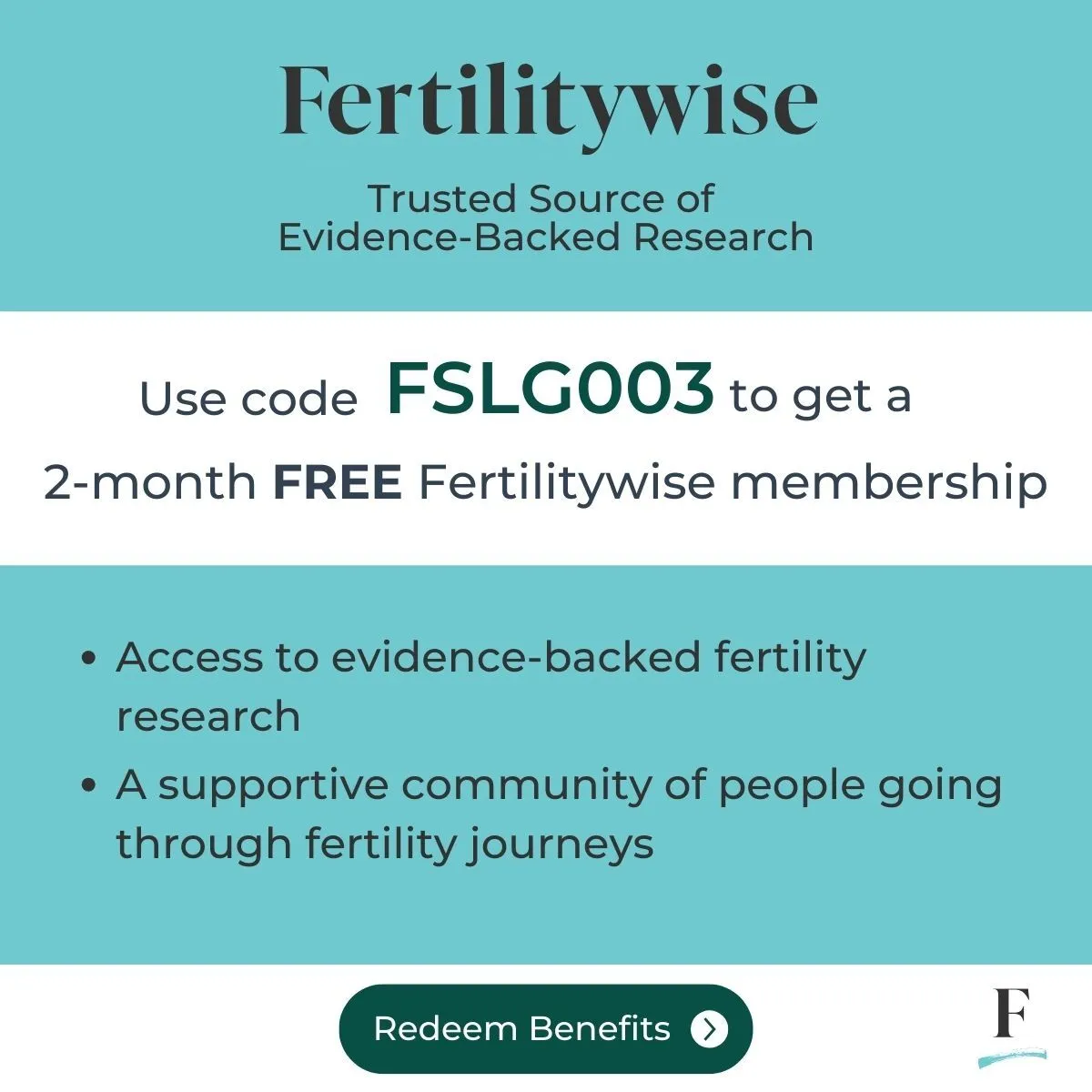Couples and individuals in California have various options when they need help starting a family. Two of those include surrogacy and gestational carriers.
What is a surrogate?
A surrogate is a woman who agrees to have a child for another person or couple. Her egg is used to conceive the baby, so there’s a genetic relationship. Surrogacy often occurs through the use of intrauterine insemination, or IUI, when sperm is injected directly into the uterus. The sperm typically comes from the man who is to be a parent to the baby. However, there may be an outside donor used if there is an issue of infertility.
Surrogacy is often complex due to the legal factors involved. For example, the surrogate might suddenly change her mind about giving the baby to another couple or person. Although a contract would be involved that requires agreeing to the terms, it’s still a complicated scenario.
What is a gestational carrier?
A gestational carrier is a woman who agrees to carry a baby for another couple or person. She carries the baby to term and gives birth but doesn’t have a genetic relationship with the child. The baby is conceived through the use of the intended mother’s egg or a donor egg and the intended father’s sperm or donor sperm. The embryo is then implanted in the gestational carrier’s uterus via in vitro fertilization. Gestational carriers are often sought by couples who are struggling with fertility problems and LGBTQ couples who wish to start a family.
How do surrogates and gestational carriers differ?
While both options can help with starting a family, a surrogate is genetically linked to the baby while the gestational carrier has no such relationship. This is the big difference between surrogacy and gestational carriers.
If you and your partner are interested in having a baby using a gestational carrier or a surrogate, you should explore your options. There are legal ramifications with both options, so it’s important to do your research.

